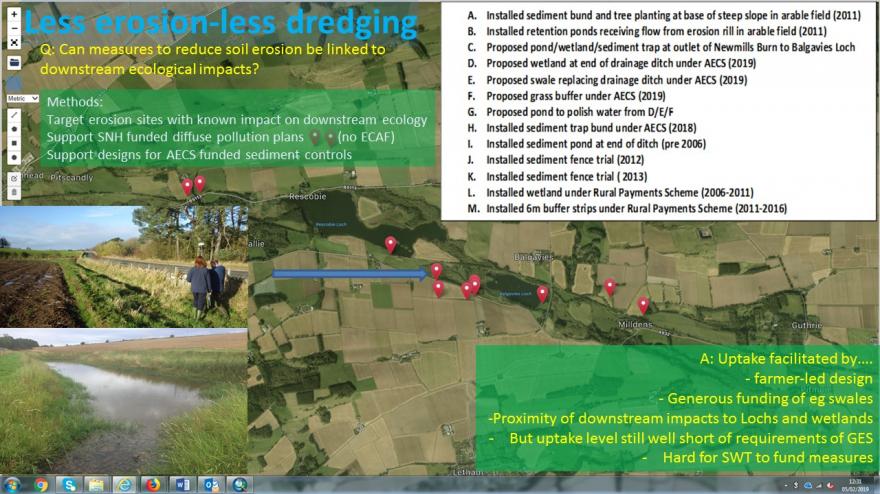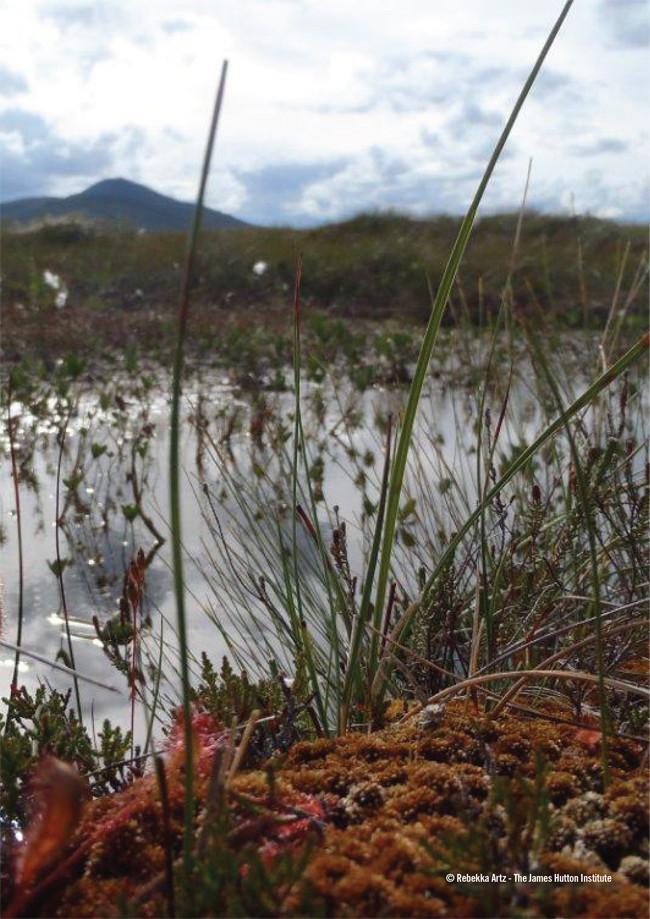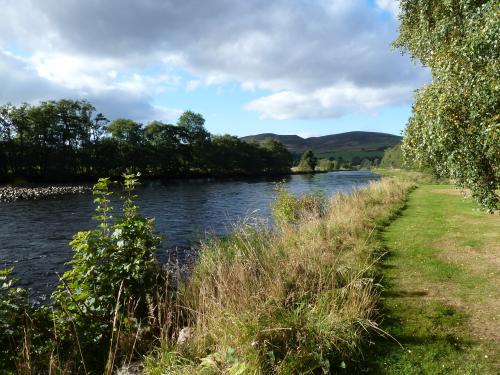The Scottish Government’s programme of rural and environmental research funds investigative work that is relevant not just to Scotland but to other territories and geographies around the globe. The research prioritises discovery and understanding that will benefit communities and help tackle challenges wherever they are, through transferable knowledge and practice.

Research

The objective of PESLES (Payments for Ecosystem Services: Lessons) is to build understanding of what incentives or arrangements could be considered appropriate and effective in enabling and encouraging stakeholders to adopt measures that will improve water quality and/or manage water levels and flows.

Scotland has committed to peatland restoration as part of its array of policies to tackle climate change. Peatland restoration can make a significant difference for Scotland and the UK, as a substantial sink of greenhouse gas (GHG) emissions, and to enhance an internationally important habitat for biodiversity and water aspects, and a culturally significant place for the public.

In this project we looked at what makes people care about peatland restoration. Peatbogs are important because of their ability to store carbon, regulate water flows and provide a home for rare species of plants and animals. Nevertheless, peatbogs are often described as a hard-to-love ‘Cinderella habitat’. Focusing on care can add further insights into why people care, support and do peatland restoration.

Decisions about natural resources need to balance multiple interests and goals in order to safeguard Scotland’s economic, social and environmental prosperity. However, many existing policies for the environment focus on separate problems, such as protecting endangered species or reducing water pollution: this may not automatically enable a joined-up approach to environmental management.

River temperature influences biogeochemical processes and aquatic ecology. Sustaining cool river temperatures in Scotland is essential for aquatic ecology (including the habitat and health of Atlantic salmon (Salmo Salar) and brown trout (Salmo trutta). River temperatures are also critical for our economy e.g. sport fishing contributes around £113 million per year to Scottish rural economy and our food and drink industry e.g. whisky production.

Current insights into the effectiveness of riparian management.

Climate change is having, and will continue to have, major impacts on life in Scotland, the UK and the rest of the world. These effects are driven by increased greenhouse gas concentrations in the atmosphere. The effects of this are most directly seen in changing mean global temperature and sea levels (https://www.climatelevels.org/), which have major impacts on ecosystems, economies and livelihoods.
